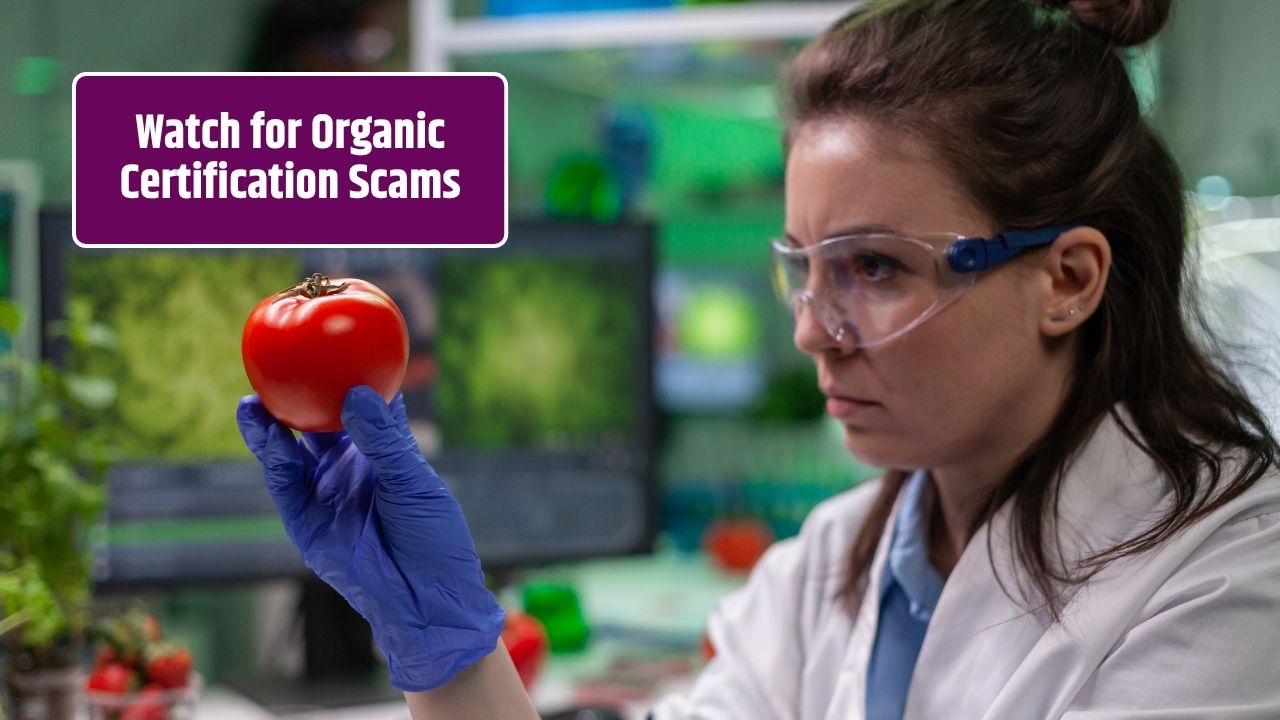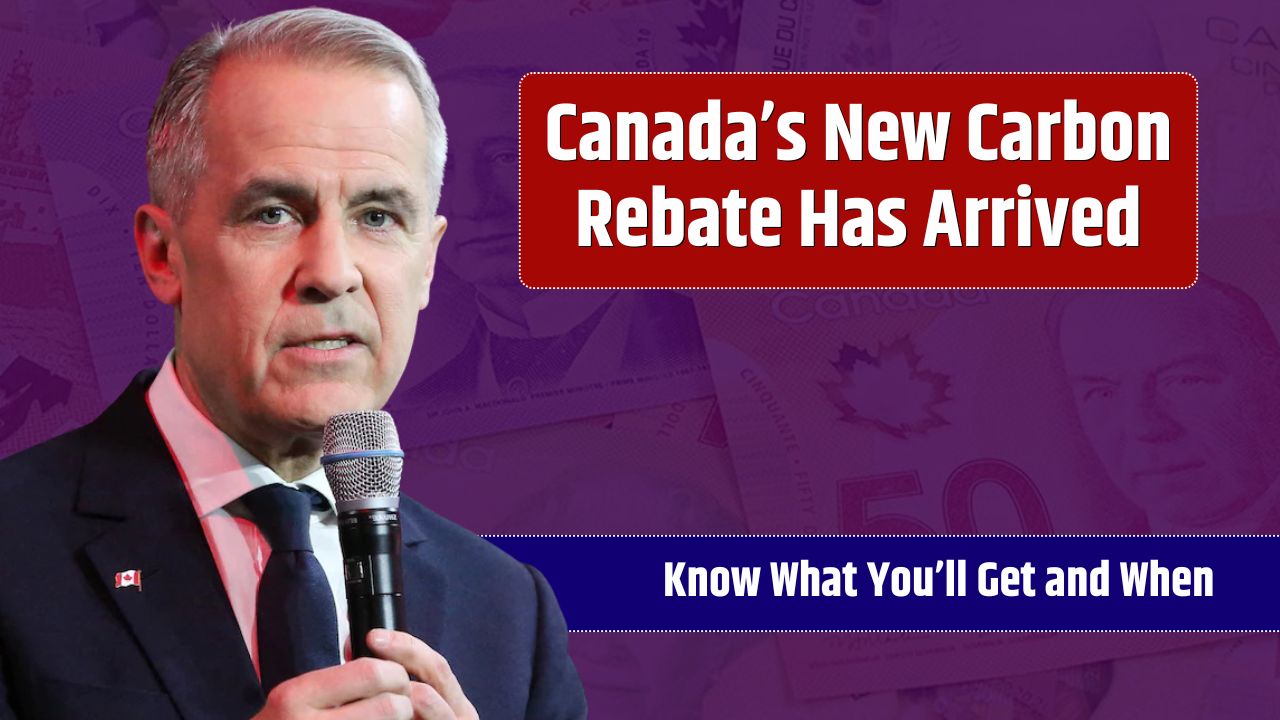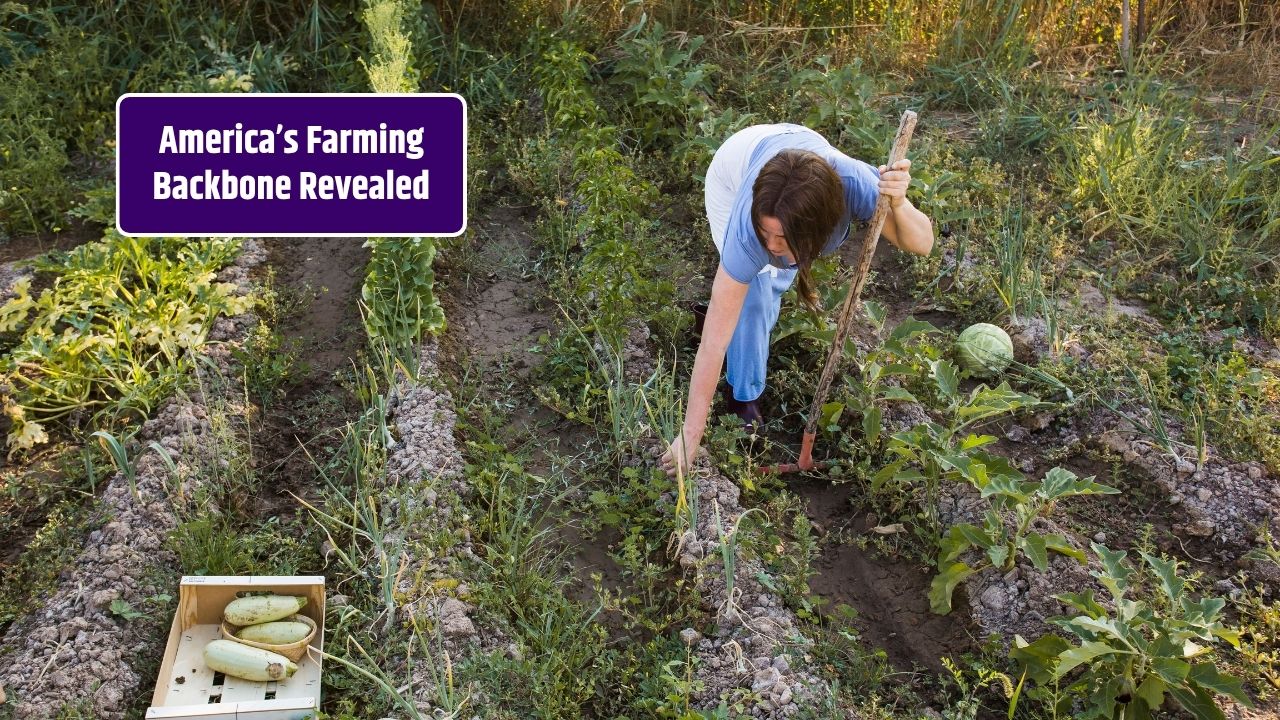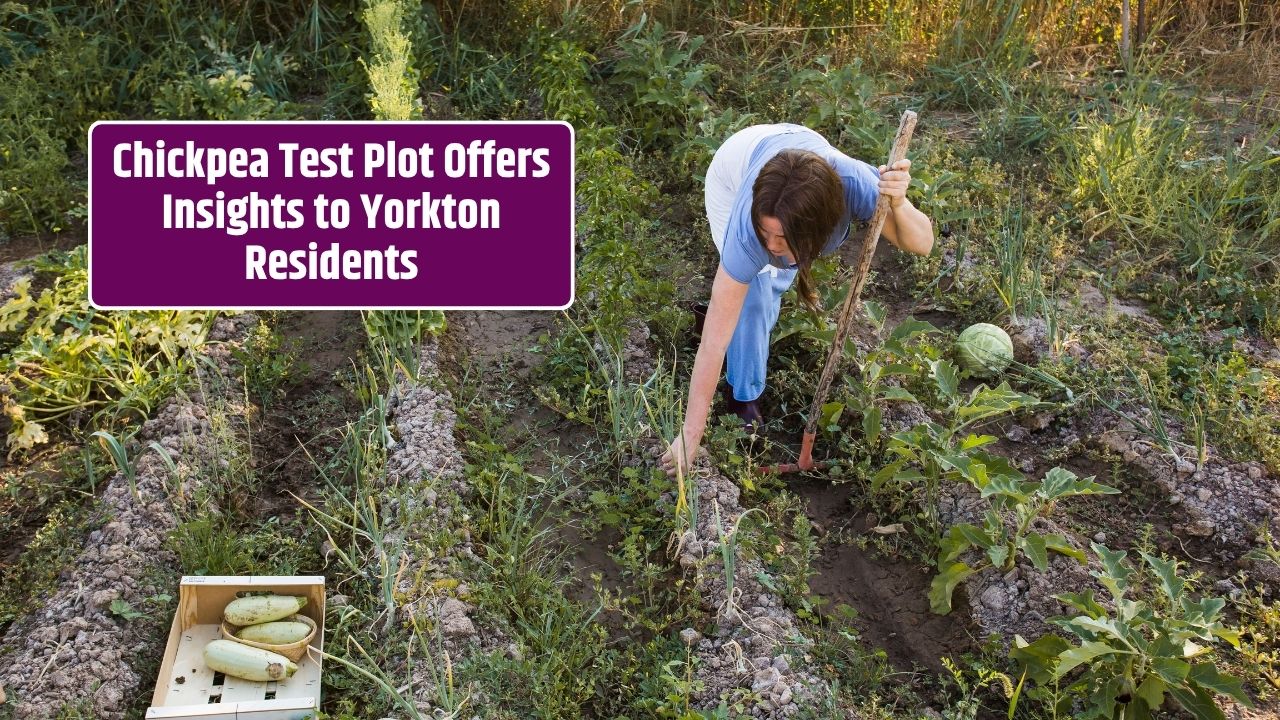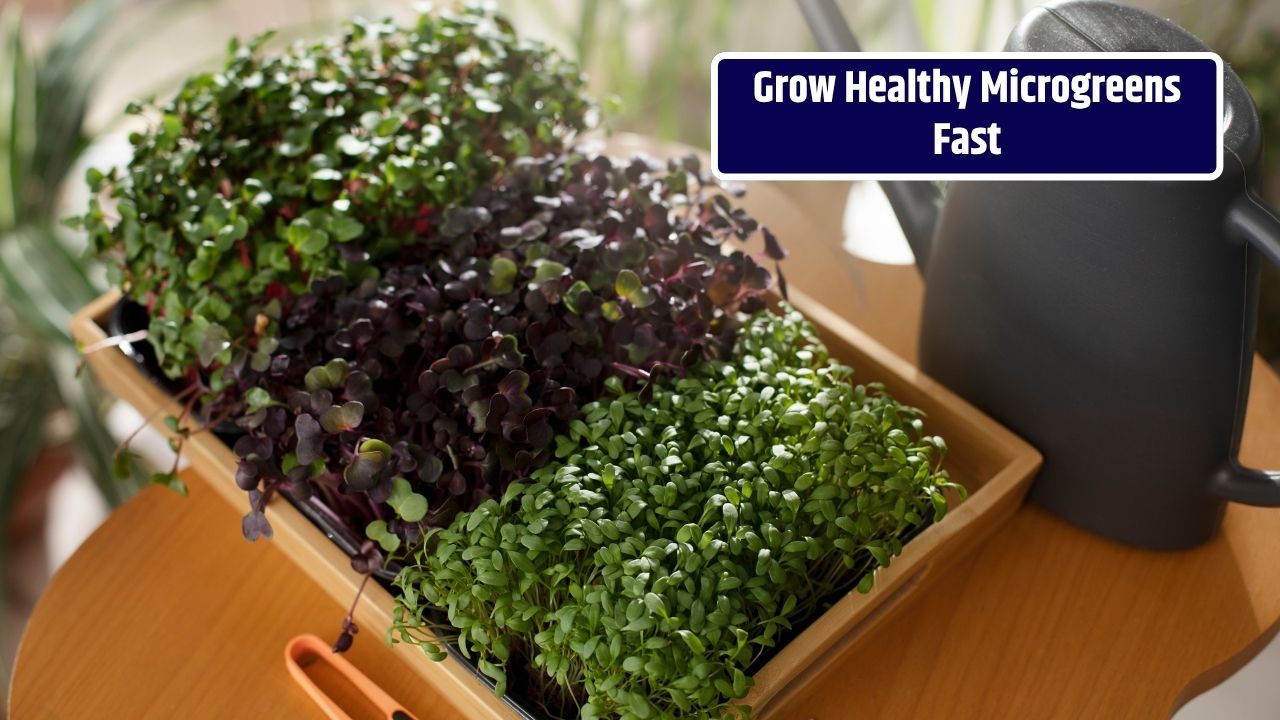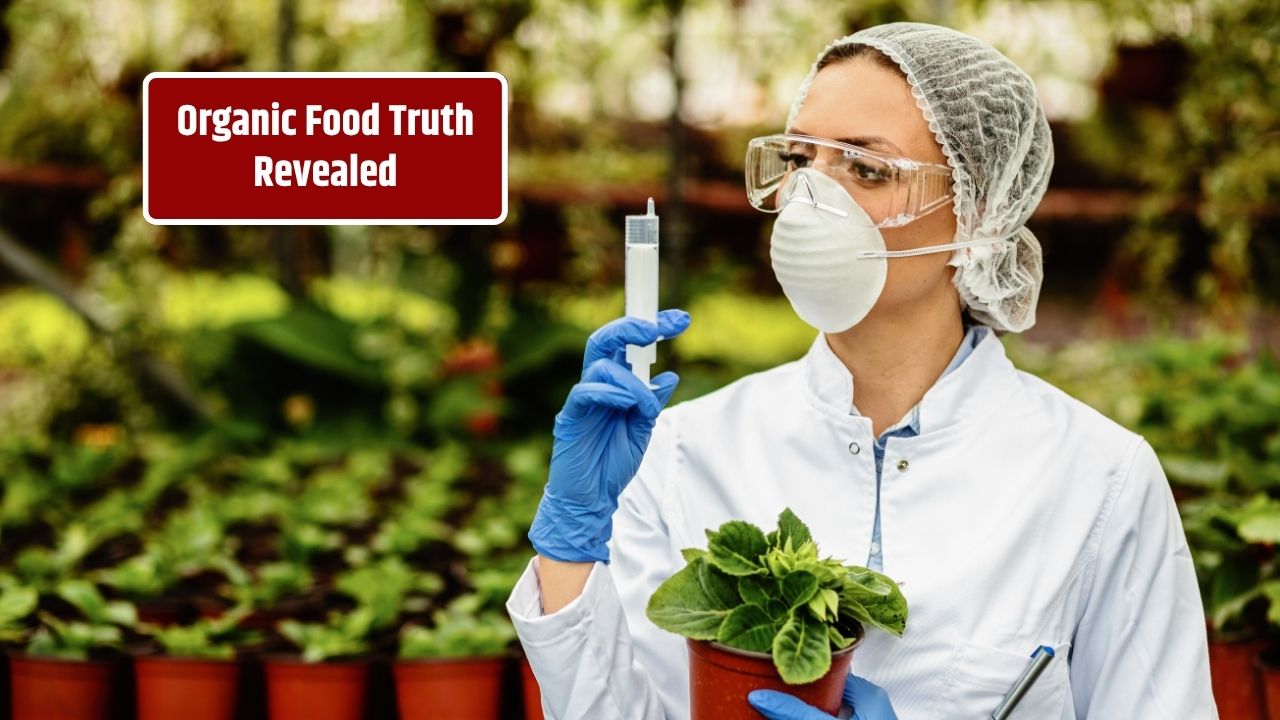As demand for organic food continues to rise in 2025, so do attempts to exploit the label. While most organic producers follow strict standards, organic certification scams have become more sophisticated—and harder for consumers and retailers to detect. From forged documents to deceptive packaging, fraudulent practices undermine trust in the $250+ billion global organic industry.
Here’s what to watch out for in 2025 and how to protect yourself from falling for fake “organic” claims.
Table of Contents
What Is Organic Certification?
Organic certification is a process that ensures food and farming methods meet specific standards—typically:
- No synthetic pesticides or fertilizers
- No GMOs
- Humane treatment of animals
- Sustainable soil and water practices
In the U.S., the USDA Organic Seal is the gold standard, backed by third-party inspections, audits, and compliance checks. International equivalents include EU Organic, Canada Organic, and JAS (Japan).
Common Organic Certification Scams in 2025
1. Fake USDA Organic Seals
Some companies misuse or counterfeit the USDA Organic logo to attract buyers. In 2025, new digital printing tools have made it easier to produce near-perfect replicas of certification seals.
What to watch for:
- Misspelled words, blurry fonts, or altered logos
- Products labeled “organic” without a certifying agency name
- No listing on the USDA Organic Integrity Database
2. Bogus Foreign Imports
A major concern in 2025 is fraudulent organic imports, especially bulk grains and soybeans from high-volume export countries.
Many of these shipments are:
- Conventionally grown but relabeled as organic
- Backed by faked paperwork or bribed certifiers
- Difficult to trace due to complex global supply chains
Tip: Look for country-of-origin labeling and avoid products with unclear supply chains if you’re buying organic grains in bulk.
3. Non-Certified Local Claims
Small farms at local markets may say “we use organic methods” or “grown without chemicals,” but unless they are certified organic, these claims are not regulated.
While many of these growers are honest, others may use the language of organic to inflate prices without the oversight.
Ask for:
- The name of their certifying agency
- Certification documentation
- Clear labeling (not just verbal claims)
4. Expired or Suspended Certifications
Some brands may once have been certified organic but failed renewal inspections or chose not to re-certify—yet still use old materials or outdated seals.
Check:
Use the USDA Organic Integrity Database to verify if the farm or company is currently certified and in good standing.
5. Online-Only Retail Scams
Pop-up websites and online sellers, especially on marketplaces, may advertise “100% organic” products without proof.
Common red flags:
- No business address or contact info
- Vague descriptions with no certifier listed
- Unrealistically low prices for premium organic goods
Protect yourself:
- Buy from reputable, traceable brands
- Look for verified sellers with consistent customer feedback
- Ask for certification if it’s not clearly listed
How Organic Certification Is Evolving in 2025
To combat fraud, certification bodies and regulators are stepping up enforcement:
| Tool/Update | Impact |
|---|---|
| Blockchain tracking systems | Verifies product origin and supply chain |
| QR code verification labels | Scan for real-time certifier info |
| Satellite/aerial farm monitoring | Confirms compliance from above |
| Annual unannounced inspections | Detects fraud before it spreads |
What Consumers Can Do
- Check the certifier: USDA-accredited certifiers are listed on packaging.
- Use verification tools: The USDA Integrity Database or QR codes help verify legitimacy.
- Know your labels: “100% Organic” must be entirely certified; “Made with Organic” only needs 70% organic content.
- Be skeptical of vague terms: Words like “natural,” “eco-friendly,” or “chemical-free” are not the same as “organic.”
- Support transparent producers: Brands that openly share sourcing and certification details are more trustworthy.
FAQs
Is “organic” regulated globally?
Yes, but standards vary. USDA Organic, EU Organic, and Canada Organic have different rules, so imported products may not meet the same requirements.
Can a product say “organic” without being certified?
Only if it’s sold directly by a farm with less than $5,000 in annual sales. Otherwise, certification is required by law.
How do I report a suspected scam?
In the U.S., report to the National Organic Program (NOP) via the USDA website.

